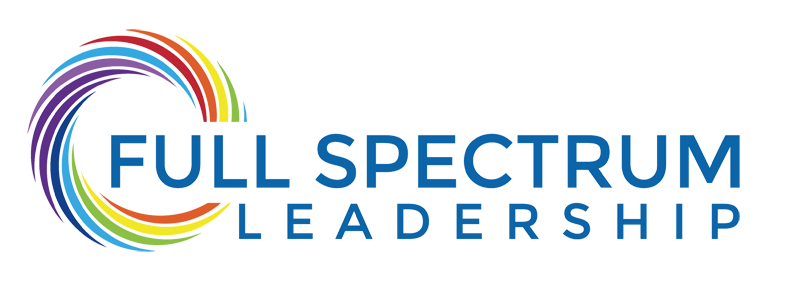Honoring Dignity in the Age of Data – Part I

The Blue Orb and the Promise of Humanity
In an era driven by algorithms and information, Honoring Dignity in the Age of Data invites us to pause and reflect on the human meaning behind our digital choices. This series explores how empathy, ethics, and responsibility can shape technology that uplifts rather than erodes our shared humanity. It’s a conversation about progress with conscience , and about ensuring that innovation never outruns compassion.
In nearly half a century of working alongside people, coaching, leading, and learning, I have seen how workplaces act as miniature mirrors of humanity. Within them shine our creativity, our ambition, and our kindness. Yet there too, we witness fear, control, and at times, disconnection. Across all these years, one conviction has shaped my path: the greatest resource in any enterprise, indeed the very heartbeat of civilization, is the dignity of its people.
When I was a young consultant, I once visited a factory where leadership had grown accustomed to measuring performance in numbers alone. On my tour, I met a line operator named Maria who had worked there for twenty‑seven years. Her production metrics were exemplary, but what struck me wasn’t her efficiency. It was how she spoke about the younger workers, how she quietly trained them, encouraged them, and helped them believe they mattered. “If they feel seen,” she said, “they’ll build anything.” She was right. Their turnover dropped, and morale soared, not because of any algorithm or incentive plan, but because one woman treated others with unwavering dignity. It was then I realized: systems work best when they remember the human being at the core.
That insight has stayed with me as technology has evolved faster than most people can fully grasp. The sheer force of artificial intelligence and data analytics has transformed how we work, decide, and even relate to one another. Yet these innovations, remarkable as they are, carry a subtle danger: they can seduce us into viewing people merely as data points, as variables to optimize rather than individuals to revere.
Recently, I found myself in a long exchange with my friend Olivier Alquier, whose curiosity and humor constantly stretch my thinking. He observed that humanity, as a system, might contain its own capacity for self‑healing, much like an ecosystem restoring itself after disruption. His words lingered with me. Awareness, he said, could be the soil from which this healing grows.
Awareness, of what we create, consume, and give off each day, is indeed a first step. I have seen organizations come alive once they become aware of how their structures either honor or diminish their people. But awareness alone is fragile. Without reverence, awareness risks becoming mere observation, a way of knowing without caring.
To honor dignity is to see not just functionality, but sacred value in another being. It is to act, design, and decide as though every person possesses a light that deserves space to shine. It is the courage to look beyond labels like “employee,” “user,” or “consumer” and see the miracle of life at work in each one.
Olivier and I reflected on how data now flows like an invisible river between us, gathering fragments of our lives as we move through digital space. The question we keep asking is: what if we used that river to nourish, not to exploit? What if awareness fed empathy, and empathy strengthened the whole? That might be what he means by a “self‑healing humanity.”
For me, honoring dignity begins in simple moments, the pause to listen, the trust to delegate, the willingness to forgive. It lives in leaders who resist the temptation to control and instead choose to trust. I’ve seen miracles unfold when managers believed more in their teams than in their own systems. Trust, in this sense, becomes a practice of freedom, freedom given, not withheld.
I have also seen what happens when dignity is forgotten. Years ago, I worked with a company during a downsizing effort. Numbers dominated every conversation. Somewhere amid all the graphs and forecasts, a young supervisor quietly asked, “Who’s caring for the people leaving?” Her question froze the room. That single moment of conscience shifted the tone of the project and eventually reframed the entire transition plan. She reminded everyone that compassion isn’t a cost, it’s the last gift of dignity we can offer when structures must change.
That is why I feel this conversation with Olivier, and with others like him, matters now more than ever. On this blue orb spinning through infinite space, we possess only a brief span to live and contribute. The miracle is not the algorithms we write or the data we harvest, it’s that we exist, aware and capable of reverence.
Through this series, I hope to share stories, experiences, and reflections that invite us to rebuild the moral center of our technological age.
Let us shape awareness into reverence, progress into compassion, intelligence into wisdom. Only then can we call our systems truly human.
Because the promise of this beautiful blue orb is not simply what we reap from it, but the dignity we bring to its brief and fragile dance.
Let’s Keep Talking!
Peter Comrie
Co-Founder and Human Capital Specialist at Full Spectrum Leadership Inc.
Reach out to me at peter@fullspectrumleadership.com
Or connect with me here to book a call!
Reach me on Linkedin; https://www.linkedin.com/in/petercomrie/
Tags: Digital Ethics, Human Dignity, Data Responsibility, Technology and Society, Privacy and Trust, Ethical Leadership


